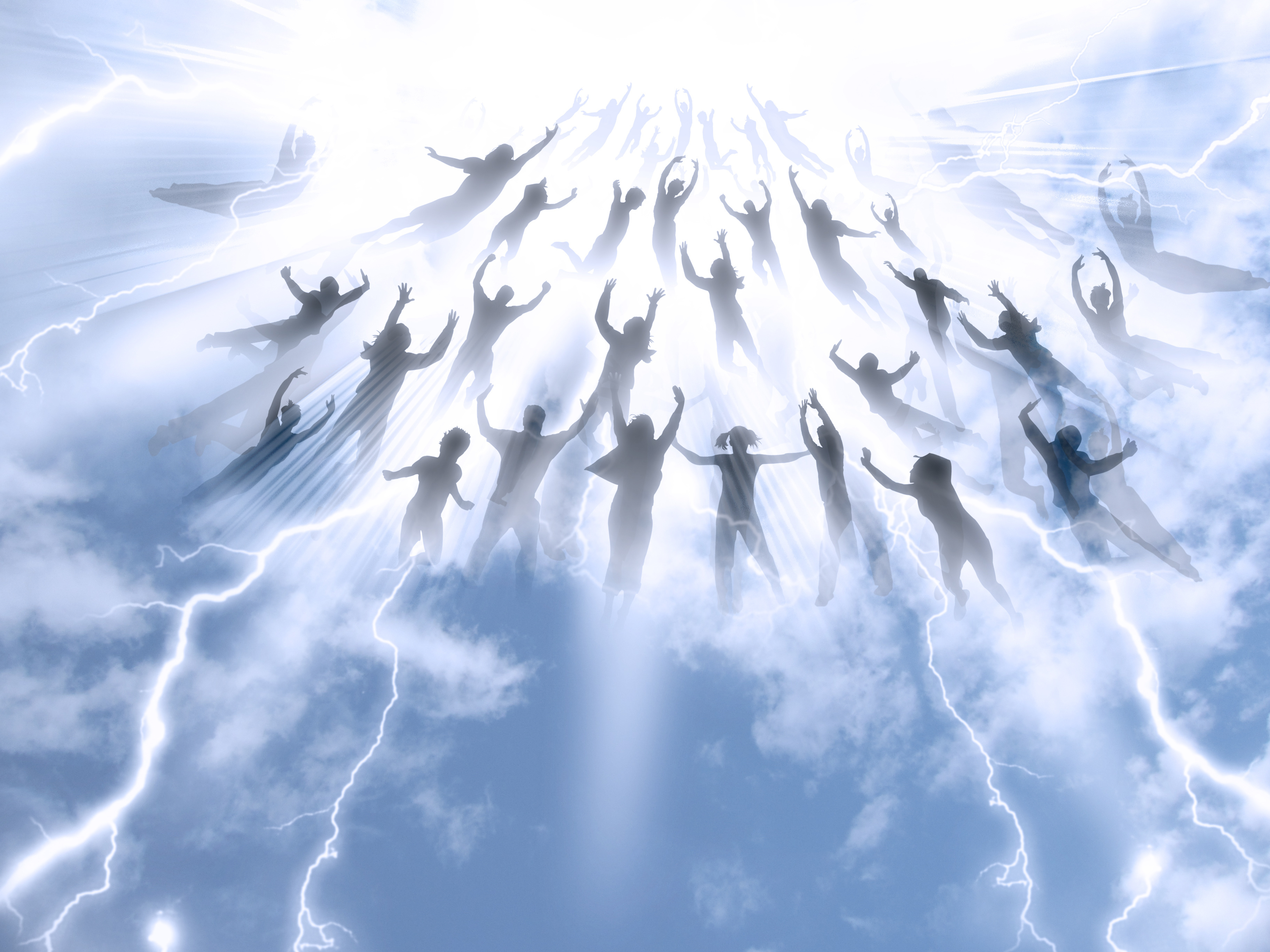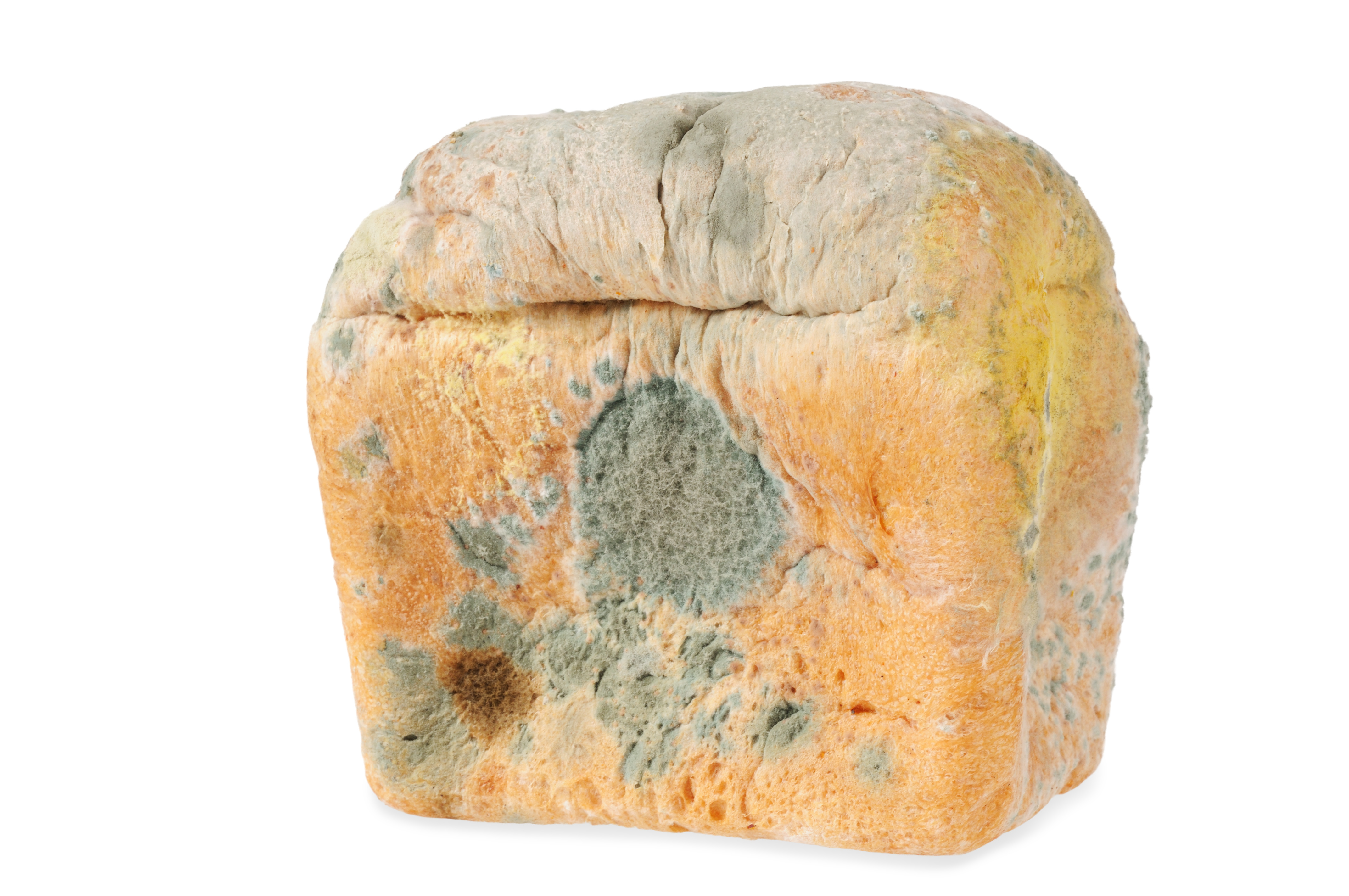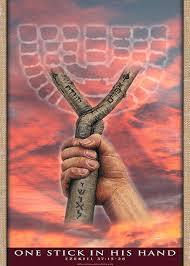Visit SukkotNW.org
YOU ARE INVITED…DON’T DELAY!
There is still time to register for Sukkot Northwest 2016 on the wild and scenic Rogue River in warm and pristine Southwest Oregon. We have rented an entire campground with full camping and RV facilities, and several camp sites are still available.
After seeking YHVH Elohim, the theme for this year’s Feast is, “Get in the River of Life…Be a River of Life!” Our cornerstone scripture passages are:
In the last day, that great day of the feast, Yeshua stood and cried, saying, If any man thirst, let him come unto me, and drink. He that believeth on me, as the scripture hath said, out of his belly shall flow rivers of living water. (John 7:37–38)
But whosoever drinketh of the water that I shall give him shall never thirst; but the water that I shall give him shall be in him a well of water springing up into everlasting life. (John 4:14)
In the midst of the street of it, and on either side of the river, was there the tree of life, which bare twelve manner of fruits, and yielded her fruit every month: and the leaves of the tree were for the healing of the nations. (Rev 22:2)
We were led by the Spirit of Elohim to choose this theme unaware of its broader prophetic implications until Brother Bill who is from Washington State and is one of our speakers pointed out to us, “This is a wonderful theme to have this year, just having come off of last year’s theme of ‘Coming out of Babylon.’ Babylon is known by several names, one of which is the ‘Land Between Two Rivers.’ One river speaks of death, and the other river speaks of life. Babylon is a mixture of the two. ‘Come out of (the river of death)” was last year’s theme. ‘Get into the River of Life!’ (and then be a river of life) is this year’s theme. A natural progression!” Thank you Bill for this encouraging confirmation.
Our primary motivation for choosing this theme is a response to the times in which we are living. Evil in the form of secular humanism, the rise in false and demonic religions, the moral and the spiritual decline of our society, the rise of the spirit of Antichrist, the rapid expansion of the police state and the move toward one-world government is coming upon us like a tidal wave! What should be our response? What can we possibly do about it? Very simply this: Do what Yeshua and the apostles did. Be a menorah on a hill boldly proclaiming the light of gospel message in the power of the Spirit of Elohim through our lifestyle and our words. This is the one weapon that we possess that makes all the powers of death, hell and darkness tremble. So, it’s time to saddle for battle!
A theme running through this year’s Sukkot will be learning to operate in the gifts of the Spirit to be a river of life to those around us as we help to gather in the lost sheep of the house of Israel in preparation for Messiah Yeshua’s second coming. Everyday, we will be having short teachings followed by group discussions (where we can learn from each other) on the gifts of the Spirit including prophecy, healing, deliverance, dreams and visions, signs and wonders, and the baptism of the Spirit. These will be followed by a workshop the following day in the prayer tent where we can learn to minister and be ministered to in these areas.
Nearly every day, we will have live praise and worship, Torah reading, and teachings from anointed speakers from several West Coast states.
We will also have workshops and several fun group activities including our annual erev Shabbat dinner, river immersion and water pouring ceremony.
For specific information and details on Sukkot NW 2016, please visit sukkotnw.org.
For a sense of what to expect at Sukkot NW 2016, we invite you to watch a fun video of excerpts from Sukkot NW 2015.







